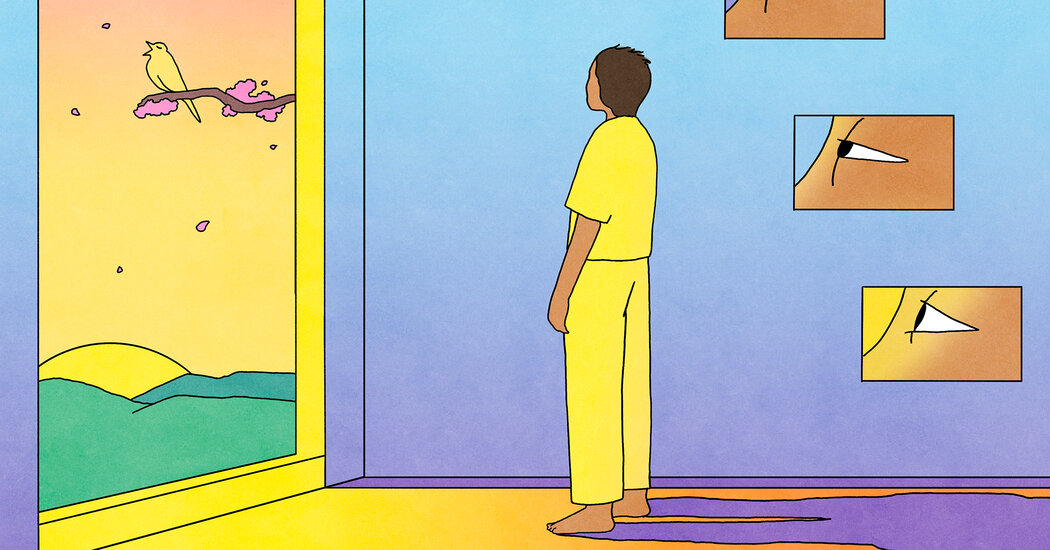Here’s how to feel well rested when the clocks spring forward on Sunday.
Daffodils are blooming, temperatures are rising, days are lengthening — all sure signs of spring. But another, less welcome change is afoot: At 2 a.m. on Sunday, most people in the United States will “spring” their clocks forward by one hour.
For many of us, this transition is more difficult than it is when we “fall back” in autumn, in part because we lose an hour of sleep, said Dr. Rachel Ziegler, a sleep medicine physician at the Mayo Clinic Health System in Minnesota.
“But really, it’s much more than that,” she said, because the clock change also shifts the timing of sunrise and sunset. After we spring forward, the mornings will be darker and the evenings will be lighter, making it more challenging to both wake up and fall asleep.
In fact, this can create a monthslong mismatch between our internal clocks and our school and work schedules, leaving many people chronically short on sleep, said Dr. James Rowley, president of the American Academy of Sleep Medicine. This is why the organization supports the elimination of daylight saving time altogether, he added.
But for now, we’ll have to spring ahead. Here’s what you can do to make this change a little less painful.
Prioritize your sleep before Sunday
One of the best ways to guard against the disruption is to get enough sleep — usually defined as seven or more hours if you’re an adult — for at least a few nights before the clock change, said Michael Grandner, director of the sleep and health research program at the University of Arizona.
